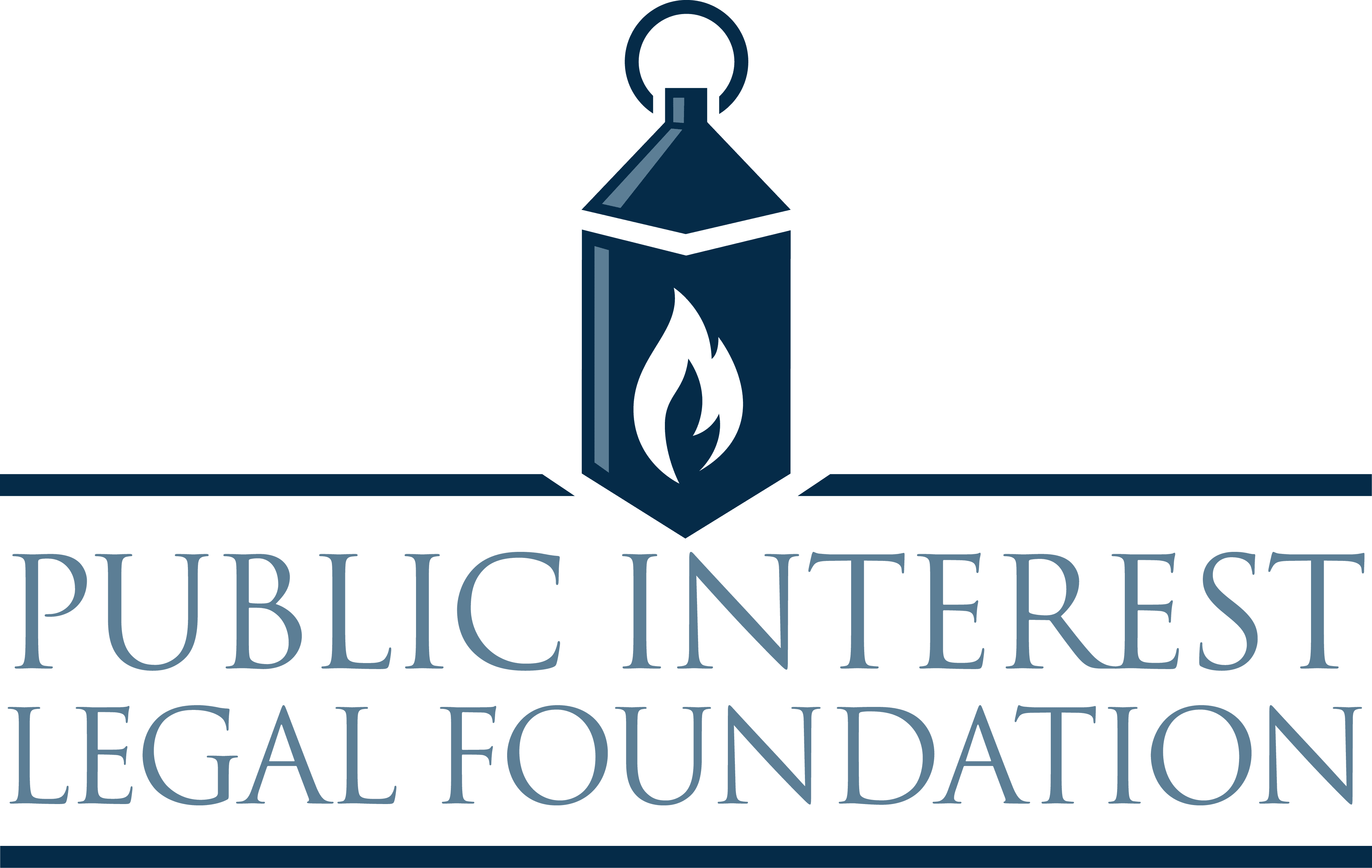(WASHINGTON, D.C.) – January 29, 2018: Public Interest Legal Foundation (PILF) President and General Counsel J. Christian Adams testifies today before the U.S. House Judiciary Committee in opposition to H.R. 1, the For the People Act of 2019.
In prepared remarks, Adams notes that:
“[H.R. 1] would mark the largest transfer of power over elections from the states to the federal government in the history of the nation.”
Adams argues that voter registration and access have never been easier—approaching the point where it is almost harder to avoid the system.
“It has never been easier to register to vote and to vote in America than it is in 2019.In fact, it is difficult to avoid opportunities to register to vote.”
Adams cautions the Committee about flaws in the voter registration records across the nation being exacerbated by the effects of H.R. 1.:
“The voter rolls are currently full of ineligible voters who have died or moved out of the jurisdiction where they are registered. H.R.1 would make the problem worse by stripping the power of states to manage their own voter rolls to keep them clean using well-established best practices such as postal mailings and recurring inactivity of registrants in elections. H.R.1’s mandate that states stop using these tools is just bad public policy.”
Adams reminds the Committee about how decentralized powers over elections promote “freedom:”
“There is a reason states were given power to run their own elections, namely, decentralization promotes freedom. The Constitution decentralized control over elections to the states because when power is centralized, a single malevolent actor can exert improper or dangerous control over the process. This is not wild speculation; this is a simple historical fact. Decentralized elections are more democratic because each state develops systems more suited the wishes of their own citizens.”
Before his testimony, Adams penned two op-eds in the Washington Examiner and PJ Media discussing additional issues surrounding the proposed legislation. He warns that some of the high-profile failures witnessed in California’s automatic voter registration system can become federalized under H.R. 1.
The Public Interest Legal Foundation has issued reports since 2016 detailing how flaws within the existing Motor Voter programs in Virginia, New Jersey, Pennsylvania, California, Illinois, Georgia, New York, and Michigan are exposing ineligible noncitizens to the voter registration process—leading some to vote. These actions often surface when legal permanent residence seek a path to naturalization—only to risk rejection or deportation thereafter.
Read a copy of Adams’ testimony, here.
The Public Interest Legal Foundation is the nation’s most active public interest law firm dedicated to enforcing the National Voter Registration Act (NVRA) and ensuring the integrity of American elections – bringing more than a dozen cases to enforce voter list maintenance obligations and inspection rights under federal law in federal courts across the nation in addition to serving as amicus in more than a dozen voting law cases. The Foundation also works with election officials and policymakers to improve the integrity of elections.
Public Interest Legal Foundation (PILF) is a 501(c)(3) public interest law firm dedicated to election integrity. The Foundation exists to assist states and others to aid the cause of election integrity and fight against lawlessness in American elections. Drawing on numerous experts in the field, PILF seeks to protect the right to vote and preserve the Constitutional framework of American elections.
###

